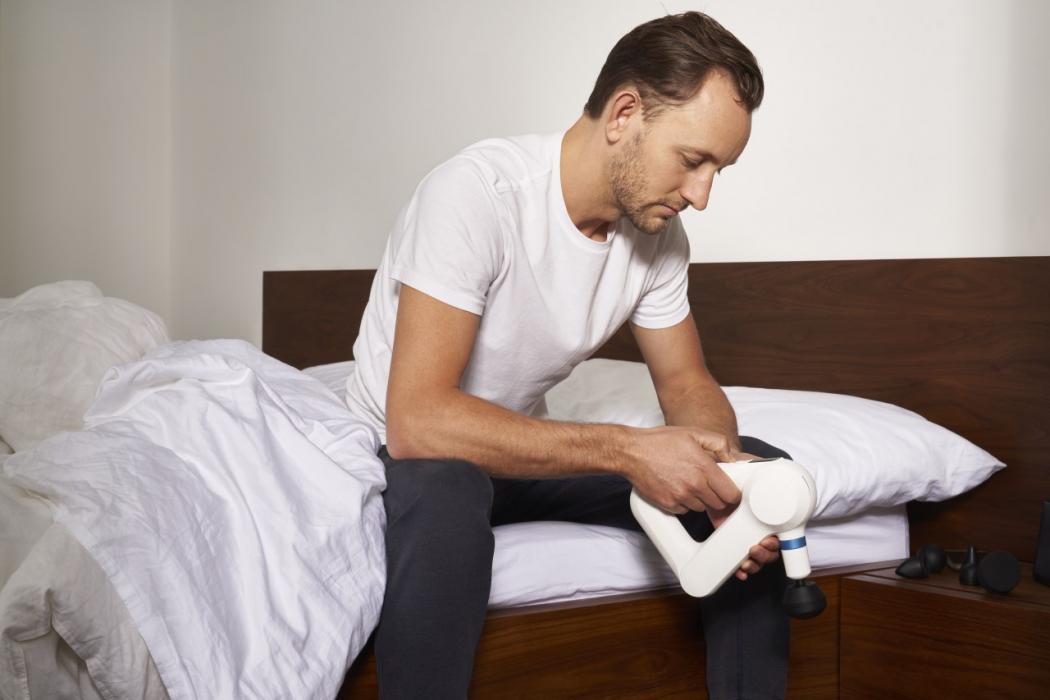As you may know, last night we set our clocks forward one hour to welcome daylight saving time. The regulations on daylight saving time provide for the time change twice a year: in October and March. The aim is to achieve more hours of sunshine throughout the day and consequently reduce energy consumption.
Beyond the economic savings it represents, this measure has other types of consequences for people, such as the abrupt change in routines. In fact, a large part of society is opposed to this change in hours, which occurs mainly in North America and Europe. Proof of this were the results of the consultation that the European Commission carried out among citizens in 2018 to gather opinions on the current management of daylight saving time.
According to the results of this consultation:
- The majority of all respondents (76%) stated that they have a negative experience with the change from winter to summer (and vice versa).
- The majority of respondents (84%) are in favour of abolishing the semi-annual time change.
- The main reason highlighted by all respondents who were in favour of abolishing the current arrangements is human health (43%), followed by the lack of energy savings (20%).
There is therefore no doubt that the time change affects us, and according to the opinion of most European citizens, it does so negatively. Many people feel more tired after the time change, and in addition to having slept one hour less, we have to suddenly adapt our body to a new routine of sleep and activities during the day. All of this causes a “jetlag effect” twice a year, continuously, for practically the entire European population.
There are a number of small changes that can help us deal with the effects of daylight saving time:
1. Adjust your meal schedule. In the days leading up to the time change, gradually changing your meal schedule can help your body to avoid the impact of the time change being so abrupt. It is important that you do not feel a heavy feeling in your stomach when you go to sleep. 2. Move. Practicing physical activity has multiple benefits for your health. You should preferably exercise in the early hours of the day and never just before going to bed. 3. Take care of your sleep routine. It is important that you try not to accumulate fatigue during the days leading up to the time change. To do this, you can reduce the use of electronic devices in the hours before going to sleep and moderate the consumption of stimulant drinks such as coffee or alcohol. If you still have trouble maintaining your sleep routine, you can try using Theragun guns for two minutes every night just before going to bed. Incorporating percussion therapy into your pre-bedtime routine can help improve the quality of your sleep and the time it takes to fall into deep sleep.
This is according to a sleep study conducted by companies Therabody and Biostrap. The results concluded that Theragun percussive therapy was able to help 87% of participants fall asleep almost 5 minutes faster than they normally do. In addition, 70% of participants slept longer during the night, waking up 7% less on average. Finally, the results indicated that 56% of participants enjoyed a higher overall sleep score, which takes into account factors such as sleep duration, deep sleep, efficiency, wakefulness and movement.

Share:
Office sleeping chairs. Are they healthy?
The ergonomic kneeling chair, a more natural way of sitting.